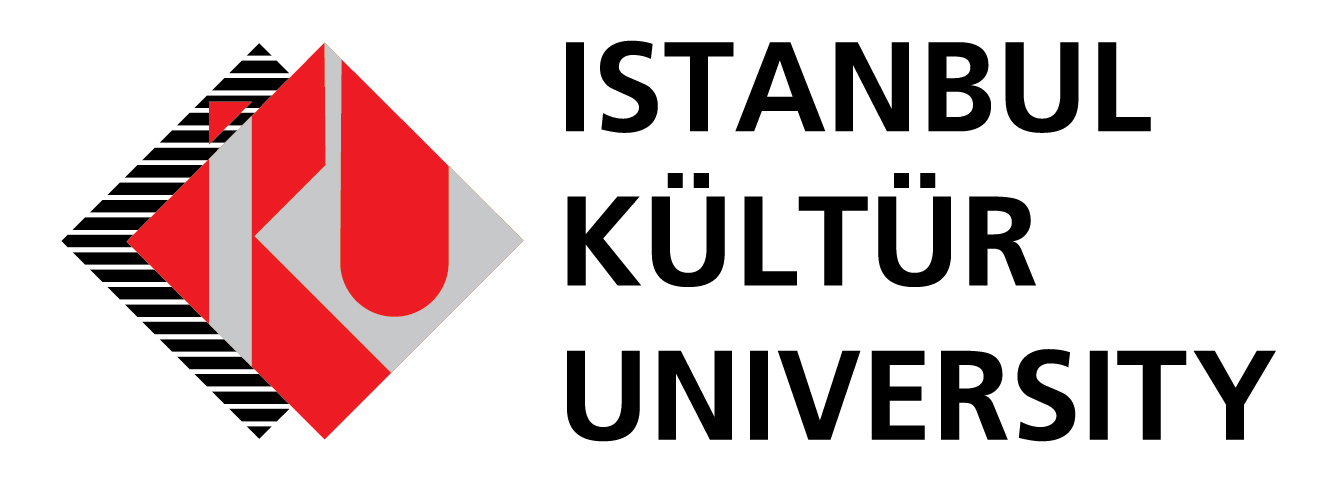The 2023-2024 academic year first term has been concluded. Millions of students all over the country have received their report cards. And while this occasion may be a positive experience for some students, it may cause anxiety for some students as well. Stating that parents should not approach their children's report cards from a place of criticism, Istanbul Kültür University (IKU) Deputy Dean of the Faculty of Education Assist. Prof. Meryem Demir Güdül gave advice to parents on how to plan the semester break.
“A Report Card May not Be a Faithful Indicator of the Student's Study Habits”
Assist. Prof. Meryem Demir Güdül said, “The students have completed a tiring semester. And while for some students, the occasion of receiving a report card may be a positive experience, for some others, unfortunately, it can be a occasion of anxiety and criticism from their parents. I assume, the students are entering into a time of mixed emotions. Actually, the report card is nothing more than an indicator of the academic performance of a student in a semester. However, a report card may not be a faithful indicator of a student's abilities or study habits. I highly advise parents to look at it from this particular point of view. It would be misguided to look at it as a sign of the student's success or failure. I think the crucial thing is to reveal how the student improves, their personal development and what they need at the same time. In other words, parents should explore with the student and try to understand the student and their academic life together, rather than judging and criticising.”.
“Success Becomes Unmanageable When We Start Judging by Comparing Students”
Stating that parents should not judge their children by comparing them with others, Assist. Prof. Meryem Demir Güdül said, “Parents' judging their children by comparing them to others or their punishing and rewarding behavior based on their report card results unfortunately do have negative effects on the child. Because when we start judging by comparing students with one another, success becomes unmanageable. And there really is no point in working on something that is beyond your control. That's why it is important for parents to focus on their children's personal success and their own development. With this, children's motivation to study may increase as they experience less anxiety and have a greater sense of control about the process.”.
“Parents Should Give Positive Feedback About the Child’s Performance”
Stating that rewarding the children is not a very correct approach, Assist. Prof. Meryem Demir Güdül said, “Some parents do shower their children with rewarding presents depending on their report card. Unfortunately, rewarding the child with gifts may not produce the desired effect of positive reaffirmation and the continuity of their success. Because rewarding means externally controlling something that children do naturally, and rewarding gifts aren’t sustainable. What’s more gifts may not carry the same value for the child. Parents should be mindful of giving positive feedback about the child’s academic performance. The key here is to make it about the behavior, and not personality. For example, feedback such as ‘you are very smart’ is entirely based on something the child cannot control, and when the child starts to fail, it can cause the child to think ‘I am not smart’. Unfortunately, this can cause more anxiety in the child further distancing them from studying. Therefore, feedback should be given regarding the child’s behavior such as ‘you made enough effort, you were very adamant in studying this term, you continued studying even when you were struggling. Depending on this, of course, there may be a rewarding process. It would be smart to think of this as a pleasant break at the end of the difficult period which the child has gone through, which the child participated and without associating it with their behavior. By the way, punishing is not a good method at all, punishing the child may cause them to grow resentful towards the parents and develop a negative attitude towards the process. And with that, the child may grow distant to studying.” .
“What Parents Should Never Do is a Punishing and Judgmental Attitude”
Assist. Prof. Meryem Demir Güdül stating that some students have specific learning difficulties, said, “No matter how focused some students are, they may fail depending on factors such as their learning difficulties. Here, parents should adopt an open-minded attitude rather than a critical attitude and try to reveal together the source of the child's failure. If the source is psychological, such as anxiety, distractibility, learning difficulties, etc., getting help regarding these can be very effective to better the child's academic success. What parents should never do is a punishing, judgmental attitude. It's also just as bad to simply dismiss and ignore the failures. What needs to be done here is to keep it in mind, to see it as an important indicator, and that the ideal solution may be that success can be appreciated and failing to succeed can be reviewed and evaluated as problems to be solved together.".
“Children with Special Needs Should be Evaluated Among Themselves”
Assist. Prof. Demir Güdül said, “Children with special needs have more specific needs regarding their learning processes. We can discuss these in many ways, from savant syndrome to autism. Therefore, children should be evaluated individually. Their educational needs should be determined, and the follow-up should continue during the break. Because what you call special needs are situations where continuity of learning must be ensured, especially in relation to failure. This is also the case for other normally developing children. For children with special needs, it is very important that their needs for rest and their special needs are carefully monitored, and their success is appreciated." said.
“A Goal Can Be Set for the Holiday with the Child”
Giving advice to parents for the holiday, our teacher added the following:
“I would rather suggest being in the middle between the two-pronged option of focusing entirely on studying or taking a complete vacation during the interim period. What to do here is the following. Depending on the results of the report card, a target for the break can be determined with the child after talking about the child's needs. What does the child want to do during this break, what do the children expect from their parents? It is very important to provide a day that we can define as a lazy day, where the child does nothing and plays games completely freely. Apart from this, they can plan in line with the parents' expectations within the framework of a program depending on the child's needs. When we force our children to study at home, we will probably direct them to the screen. Instead, a program that includes studying, entertainment and socialization would be much more functional.”


